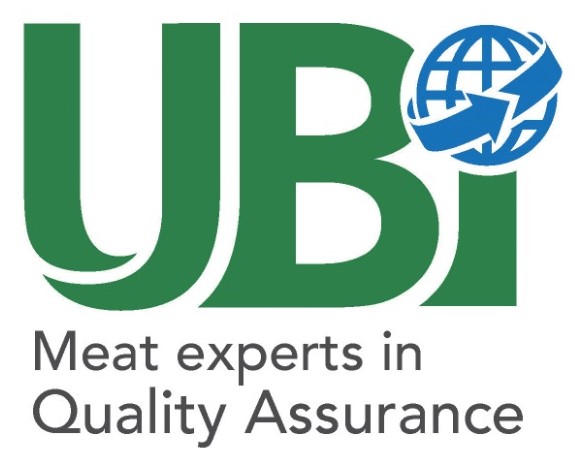Meat is safe but food safety guidelines should be followed

- Iowa State University Extension and Outreach
AMES – Consumers who are purchasing meat products from grocery stores or directly from a meat processor can be confident in the safety of the product, according to Terry Houser, associate professor and extension meat specialist with Iowa State University.
Citing information from the United States Department of Agriculture and the Food and Drug Administration, Houser said there has been no data indicating that the current COVID-19 pandemic can be transferred from food or packaging.
Houser said the USDA already mandates that processors be federally or state inspected if they are selling retail products and that they follow Sanitation Standard Operation Procedures, which address facilities and worker hygiene. Most sanitizers used on a daily basis are also approved by the U.S. Environmental Protection Agency to control viruses.
“If you’re getting product from a USDA or a state-inspected facility, those facilities are cleaned and sanitized on a daily basis,” Houser said.
Houser said it should not be surprising if meat processing employees experience cases of COVID-19, just as workers in other industries already have. However, nothing has shown it to transfer from food products.
“No doubt, there may be staff members in meat processing facilities who come down with illness, but that doesn’t mean that the food is unsafe,” Houser said.
Employees who handle meat can reduce their own exposure by practicing the same guidelines issued by the Centers for Disease Control and Prevention, as well as the Occupational Safety and Health Administration. Guidance is also available from the Food Industry Association.
Vitally important
Meat processing is vitally important to Iowa’s food supply, Houser explained, and it’s critically important that processors do everything they can to keep themselves healthy and remain open.
Iowa leads the nation in swine production and is fourth for cattle, but farmers and consumers both rely on a robust processing industry to make the finished products available.
“Food safety is an extremely important issue at this time, as we have a great deal more home food preparation due to the closing of, or limited access to, food service establishments. We certainly don’t want to see a rise in food-borne illness at a time when our health care system is experiencing severe strain,” Houser said.
Temperature control should be exercised when purchasing and transporting meat and poultry products and thawing frozen meat or poultry should be done using refrigerators, microwaves, or cold water – not through leaving products out at room temperature.
Houser said that even though consumers can be confident their meat is safe, they must continue proper hand washing procedures, use clean utensils, prevent cross contamination and pay close attention to cooking temperatures using a thermometer. Consumers can find detailed food handling instructions and minimum cooking temperatures at foodsafety.gov.
Via Oskaloosa Herald
